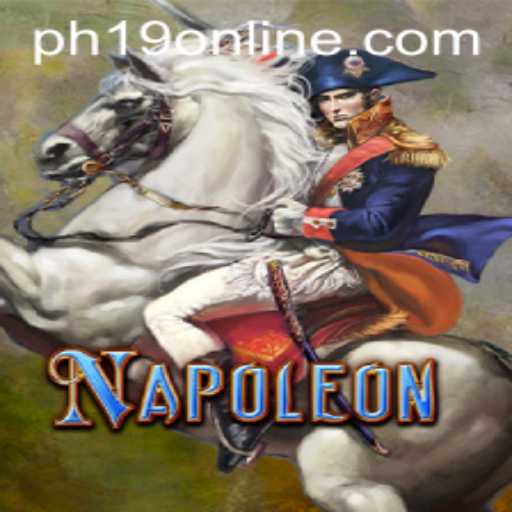Discover the intriguing card game Napoleon, including its rules, strategies, and cultural significance. Explore how this classic game blends with modern events.
Understanding the Classic Card Game Napoleon
The game of Napoleon, often dubbed the ultimate test of strategic thinking, is a beloved pastime that has captured the imaginations of card enthusiasts across generations. Originating from the 19th century, this trick-taking game offers an engaging combination of skill, luck, and psychological insight suited for players seeking a challenge. In recent times, it has experienced renewed interest, coinciding with the rise of tabletop gaming culture.
The Historical Background of Napoleon
Napoleon emerged during an era when card games were a popular social activity. Named presumably after the famous French military leader, the game mirrors aspects of strategic conquest and dominance. The objective is to outwit opponents through a series of calculated maneuvers, much like a commander leading troops in an unpredictable battle. Traditionally, the game is played with a standard deck of cards, further emphasizing its accessibility and enduring appeal.
Modern Relevance and Resurgence
In the 21st century, Napoleon has seen a resurgence, partly due to the booming interest in historical themes and strategic board games. This phenomenon aligns with today’s cultural landscape where people seek both entertainment and mental stimulation in leisure activities. Another contributing factor is the adaptation of classic games to digital platforms, facilitating wider accessibility and incorporating real-time global interactions among players.
How to Play Napoleon
Napoleon is typically played with four to six players. The essence of the game revolves around bidding, trick-taking, and strategic gameplay. Familiarity with these core elements is crucial for both newcomers and seasoned players aiming to refine their skills.
Setting Up the Game
The standard 52-card deck is used, with the temporary removal of certain cards depending on the number of players to ensure equal distribution of cards. The game begins with the dealer distributing all the cards to the players, ensuring each receives an equal number. The rank of cards follows the standard hierarchy, with aces being the highest.
The Bidding Phase
The game begins with an engaging bidding phase where players declare the number of tricks they intend to win. The player who bids the highest becomes the “Napoleon.” This phase requires careful consideration of one’s hand strength and the anticipated competition from opponents. The bid serves as both a declaration of confidence and an audacious challenge to other players.
Gameplay and Strategy
Once bidding concludes, the game enters the trick-taking phase. Players vie to win the maximum number of tricks outlined during bidding. Understanding patterns and predicting opponents’ moves are crucial throughout. Successful players are those who balance risk with caution, as too ambitious a bid can result in a swift downfall if not adequately supported by strong cards.
Intricately linked to the gameplay is the role of the trump suit, which heightens the dynamic nature of the game. The Napoleon declares the trump suit, often surprising opponents and adding an unpredictable element to each round. This declaration dictates which cards hold superiority during gameplay, making it an essential aspect of the overarching strategy.
The Cultural Impact of Napoleon
Highlighting its social appeal, Napoleon has historically been a fixture at gatherings, celebrated for its conversational and competitive qualities. Its blend of strategy and chance reflect broader aspects of cultural expression and human interaction, resonating across different demographics. This impact is evident today with diverse communities integrating the game into various social settings, from casual meetups to formal tournaments.
Linking Napoleon to Modern Events
The game's resurgence connects with global events by promoting social connection and intellectual engagement, critical in today's fast-paced digital world. With the increasing popularity of mind sports and esports, Napoleon finds itself aligned with modern competitive arenas, albeit in a retro, nostalgic fashion. This alignment presents opportunities for event organizers to incorporate historical games into contemporary formats, blending old-world charm with modern accessibility.
Incorporating elements like themed events and educational workshops tied to historical and strategic games provides avenues for cultural enrichment and community building. Through such initiatives, Napoleon remains relevant, engaging new generations while honoring its rich legacy.
Engaging New Audiences
Attracting younger audiences to Napoleon involves leveraging digital platforms and community spaces. Online tutorials, interactive forums, and gaming apps devoted to traditional games play pivotal roles in introducing new players. These platforms foster learning and community exchange, crucial for sustaining interest in such time-tested games.




